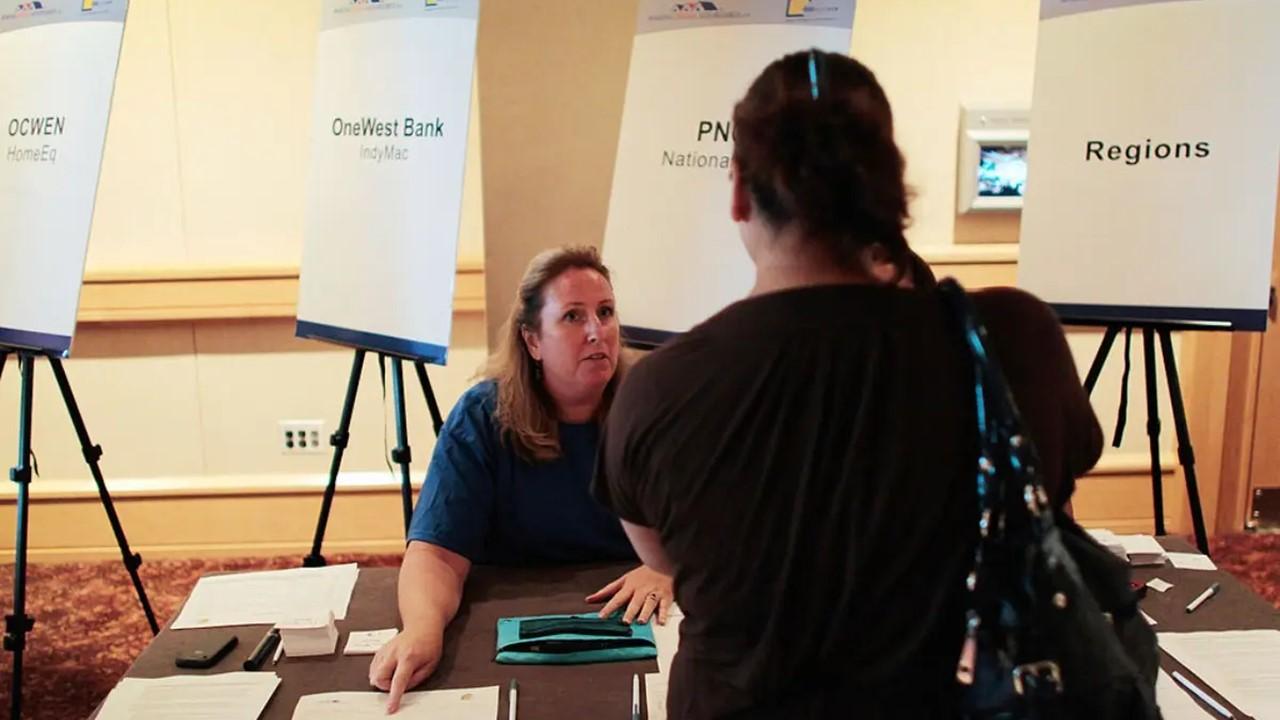Why Your Escrow Payment Might Change, and How to Lower It
Most people don't like it when their escrow payment changes. Why would there be a change in your monthly escrow payment? Can you lower your payment?
March 4 2021, Updated 12:36 p.m. ET

As a homeowner or first-time homebuyer, you need to understand the basics of mortgage payments, which includes knowing what escrow is and how it's calculated. Escrow is a means of simplifying homeowners’ payments that combines mortgage and interest costs with property taxes and various home insurance policy premiums.
Basically, the payments you make monthly are divided so that a portion goes to cover the actual mortgage and interest fees. Another portion of your monthly payment is diverted into an escrow account, which is then used to cover your property tax payments and any homeowner-related insurance premiums.
Reasons an escrow payment changes
Lenders usually conduct an annual escrow review, after which your escrow payment might increase or decrease.

Since escrow accounts are used to pay property taxes and insurance premiums, an increase in your escrow payment is usually due to an increase in either your tax bill or your insurance premium. Likewise, a decrease in taxes or insurance costs results in lower escrow payments.
Federal regulations require lenders to keep only enough in escrow for yearly insurance, property taxes, two additional months’ worth of payments, and an extra $50. Therefore, they might issue refunds if your account goes too high.
How escrow is determined
According to LendingTree, around 80 percent of homeowners have an escrow account, although it isn't always required. Some homeowners prefer not to put a large amount of money into a non-interest-bearing account. However, many homeowners prefer the convenience of the lender handling insurance premiums and taxes.
In these situations, an escrow account might not be required:
- If you make at least a 20 percent down payment.
- If you are refinancing and have at least 20 percent equity.
- If you have a conventional or VA loan.
Calculating escrow payments is pretty straightforward, in that it’s based on property taxes and insurance costs. You first make a minimum deposit to set up the account equal to two months’ worth of escrow payments.
The account is meant to cover property taxes along with insurance, which can include homeowners' insurance, mortgage insurance, and flood or other disastrous insurance coverage. You can calculate the total annual cost of those things and divide them by 12 to get your monthly payment.
Remember that your insurance premiums and property taxes might change, which would impact your escrow payments.

How to lower your monthly escrow payment
One way to lower your monthly escrow payment is by shopping around for the best insurance rates.
Don’t cut too many corners, but get quotes from various insurers to ensure that you don't overpay on homeowners' insurance. Also, make updates with your insurance company that could impact your premiums (perhaps removing coverage you no longer need).
The other aspect of escrow is your property taxes. You might be able to request a new property tax assessment if your area doesn’t conduct them regularly. Getting your home appraised at a lower value would lower your escrow payment. However, you also run the risk of getting a higher appraisal, which would raise your taxes and escrow payments.
Escrow deficiency vs. escrow shortage
You may have heard the terms "escrow deficiency" or "escrow shortage." Escrow deficiency means your escrow account has a negative balance, so you need to deposit enough to both get current and get your account two months ahead. An escrow shortage, however, is when you have a positive balance but it's insufficient to cover the next tax and insurance payments.
What happens to escrow if I'm in forbearance?
The CARES Act doesn't specify how loan servicers handle escrowed parts if you're in forbearance. You need to verify this with your lender, but most servicers will allow you to defer payments toward escrow in mortgage forbearance, and they may cover the bills covered by escrow accounts if they come due.
